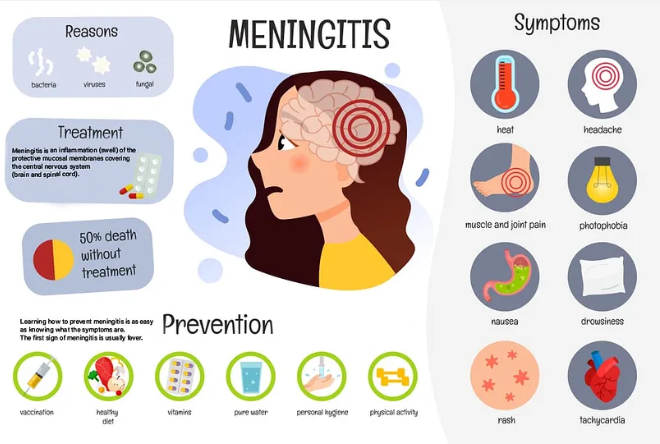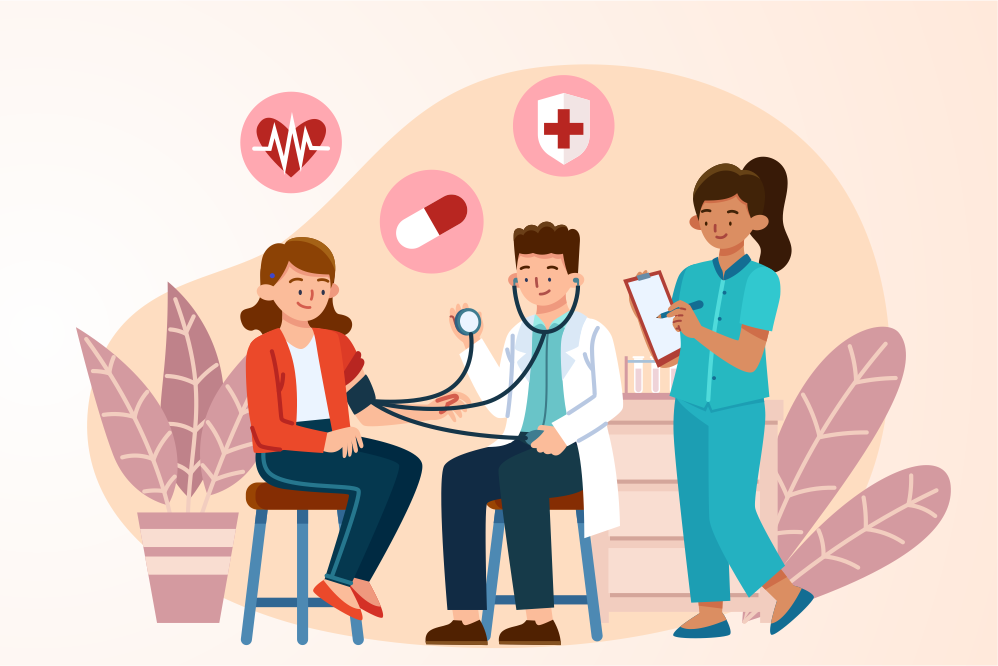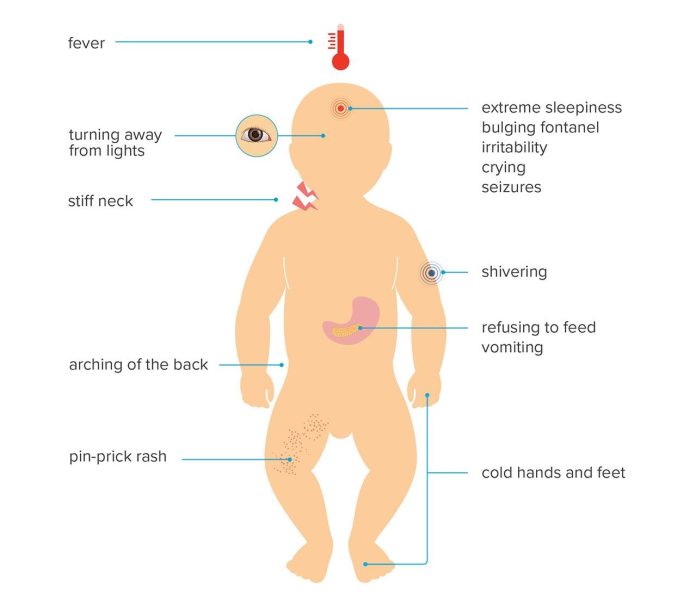Today is World Meningitis Day, being a day set aside to raise awareness about the disease and the Global Road Map to Defeat Meningitis by 2030, approved by the World Health Assembly (WHA) in November 2020.
Meningitis remains a significant threat around the world and experts say it can affect people of any age, yet it is preventable as, according to WHO, safe affordable vaccines are the most effective way to deliver long-lasting protection.
If neglected, meningitis can be a devastating disease with a high case fatality rate, which can lead to serious long-term complications.
According to the Director of the Department of Immunization, Vaccines and Biologicals at WHO, Kate O’Brien, meningitis is the inflammation of the tissues surrounding the brain and spinal cord. It is usually caused by infection and it can be fatal and requires immediate medical care.
Signs and symptoms

Common symptoms of meningitis are neck stiffness, fever, confusion or altered mental status, headaches, nausea and vomiting. Less frequent symptoms are seizures, coma and neurological deficits (for example hearing or vision loss, cognitive impairment, or weakness of the limbs).
Prevalence
Experts at the Cleveland Clinic warn that meningitis remains a major global public-health challenge. Epidemics of meningitis are seen across the world, particularly in sub-Saharan Africa.
“Many organisms can cause meningitis, including bacteria, viruses, fungi and parasites. Meningitis is a medical emergency. It is potentially fatal within 24 hours and requires urgent medical attention. It usually cannot be safely cared for at home,” Cleveland Clinic experts note.
Bacterial meningitis is of particular concern. Around one in six people who get this type of meningitis die and one in five have severe complications, experts add.
Causes
 According to the WHO, meningitis can be caused by several species of bacteria, viruses, fungi and parasites. Most infections can be transmitted from person to person. Injuries, cancers and drugs cause a small number of cases. Bacterial meningitis is the most common dangerous type of meningitis and can be fatal within 24 hours.
According to the WHO, meningitis can be caused by several species of bacteria, viruses, fungi and parasites. Most infections can be transmitted from person to person. Injuries, cancers and drugs cause a small number of cases. Bacterial meningitis is the most common dangerous type of meningitis and can be fatal within 24 hours.
At-risk groups
According to experts, although meningitis affects all ages, young children are most at risk. Newborn babies are at most risk from Group B streptococcus, young children are at higher risk from meningococcus, pneumococcus and Haemophilus influenzae; while adolescents and young adults are at particular risk of meningococcal disease. The elderly are at particular risk of pneumococcal disease.
People all over the world are at risk of meningitis. The highest burden of disease is seen in a region of sub-Saharan Africa, known as the African Meningitis Belt, especially recognised to be at high risk of epidemics of meningococcal but also pneumococcal meningitis.
Higher risk is seen when people are living in close proximity, for example at mass gatherings, in refugee camps, in overcrowded households or in student, military and other occupational settings. Immune deficiencies such as HIV infection or complement deficiency, immunosuppression, and active or passive smoking can also raise the risk of different types of meningitis.
Prevention and treatment

Talk to your doctor or nurse about taking antibiotics (in case of bacterial meningitis). Wash hands frequently, especially before eating. Avoid close contact and sharing cups, utensils or toothbrushes.
Meningitis can vary in severity, appropriate treatment and care depending on the cause. Meningitis caused by bacteria requires immediate antibiotic treatment.
Any person who shows signs or symptoms or meningitis should seek immediate care at a hospital or health centre. This will verify if a person has meningitis, confirm the cause of infection and determine the right treatment and care.


